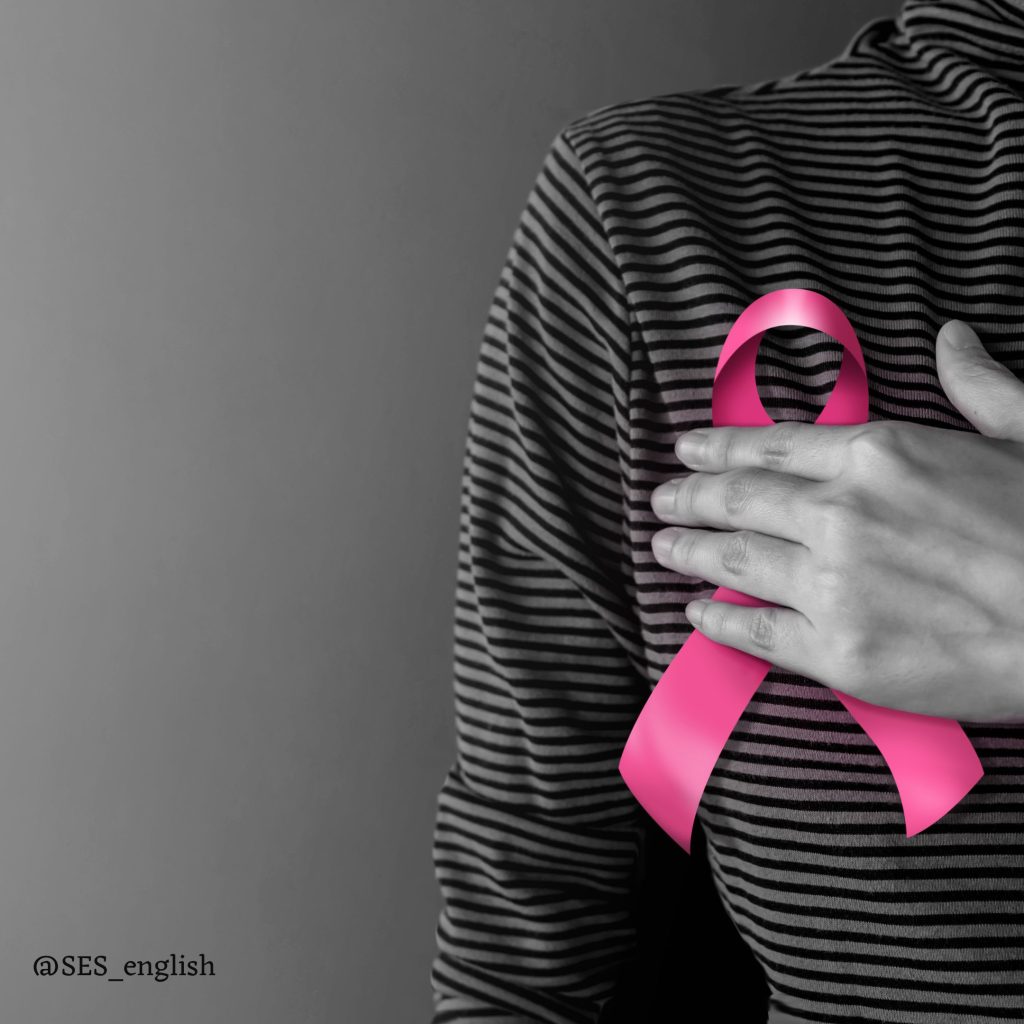A new World Health Organization (WHO) report has issued a stark warning: unless urgent measures are taken, an estimated 135,000 women could lose their lives to breast cancer by 2040 in sub-Saharan Africa.

A new World Health Organization (WHO) report has issued a call for action. They have argued that unless urgent measures are taken, an estimated 135,000 women could lose their lives to breast cancer by 2040 in sub-Saharan Africa. The study highlights significant gaps in healthcare systems across the region, underscoring the need for immediate action to reverse this troubling trend.
Key Findings of the WHO Report
The WHO assessment, which examined breast cancer control measures in 42 of the 47 countries in the African region, identified critical deficiencies across six core areas: leadership, governance and financing, health workforce, health information systems, and service delivery. One of the most pressing concerns is the severe shortage of healthcare professionals essential for prevention, diagnosis, and treatment, coupled with limited access to specialized cancer centers. These challenges hinder progress toward achieving the Global Breast Cancer Initiative (GBCI) goals.
The report reveals that only five out of the 47 African countries have established organized breast cancer screening programs, while the majority continue to rely on opportunistic screening. Additionally, access to pathology services remains inadequate, with only two nations meeting the recommended standard of one laboratory per 100,000 people.
Late diagnosis and insufficient prevention and care measures are the leading causes of breast cancer-related deaths in the region. In 2022 alone, 38 out of every 100,000 women were diagnosed with breast cancer, and 19 per 100,000 succumbed to the disease.
Urgent Call for Investment in Breast Cancer Control
To address these challenges, the WHO report emphasizes the necessity of increased investment in leadership, governance, and financing. Strengthening these areas is crucial to advancing strategic planning, improving healthcare infrastructure, and enhancing workforce training—all of which are essential to ensuring equitable access to critical cancer services.
The report calls on governments to develop and adequately fund comprehensive National Cancer Control Plans (NCCPs). These plans would provide a strategic framework for coordinated national efforts, ensuring that breast cancer control measures are implemented effectively.
Read more here.

